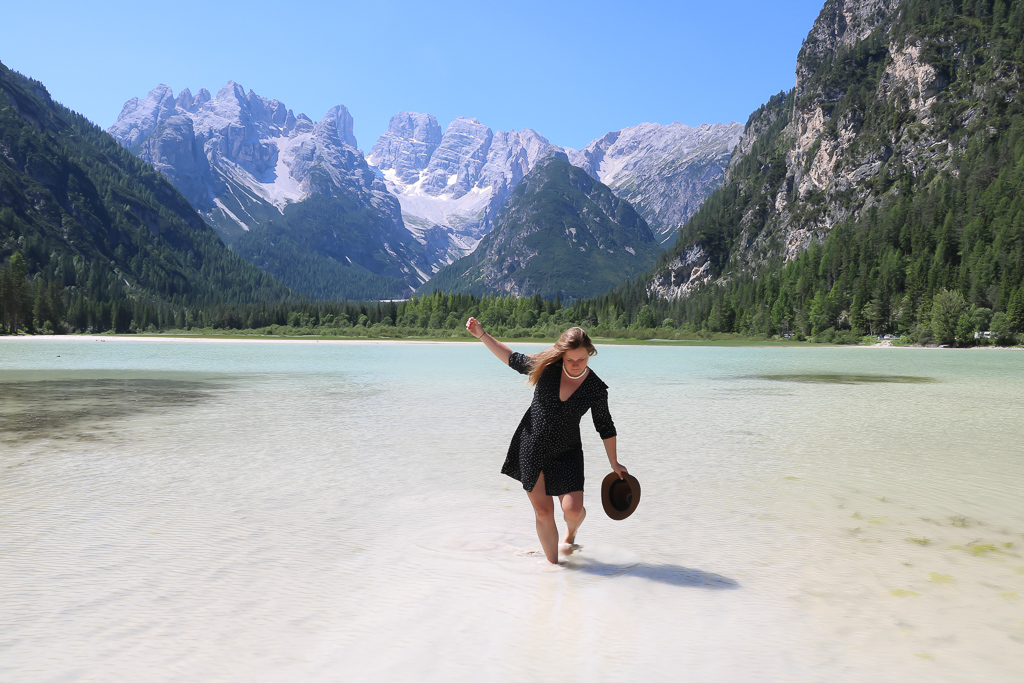
ARE YOU A SUSTAINABLE TRAVELER?
Are You a Respectful Traveler?
While travel isn’t always selfless, it’s a beautiful way to grow, learn about the world first-hand and create connections with people from all walks of life.
If your greatest joy in life is packing a bag and heading off to discover a country to spend time among different sights, cultures and traditions, then perhaps you are already striving to be a respectful traveler?
On the other hand, maybe you’ve never really asked yourself if you are a respectful tourist? Being a responsible traveler or being aware of certain things while traveling can act as a vehicle for positive change. So the next time you are visiting a country, keep some of the following thoughts in mind and turn the footprints you leave behind into something of value and meaningful impact.
Being a sustainable traveler has never been more important
Last year, the World Travel & Tourism Council (WTTC) shared that tourism generates over 10 percent of the world’s GDP. While travel may bring people together, educate us on different cultures and beliefs, and boost the economy, it isn’t always a positive experience for the country in question.
There have been many instances where visitors have defiled and disrespected monuments, and have disregarded local customs. Even if you are among the well-behaved portion of travellers, your globetrotting footprint could still leave an unsavory mark in a country.
The industry is growing more than ever, but the attractions are the same size and cannot always handle the constant wear and tear and flow of human beings.
It’s no surprise that in some of the world’s most popular places such as Barcelona, Venice,..where tourism is so overwhelming, there are initiatives to reduce the number of people visiting. Overtourism is a real issue.
The good news is there are simple steps you can take to be more mindful and respectful!
Be mindful of destinations dealing with over tourism
While lots of visitors to a country can provide economic opportunities, this isn’t always an advantage. The backlash against tourism has been gaining steam; many must-see countries are sick of droves of travelers disrupting their local life and ecosystems.
To deal with overcrowding, cities like Florence should implement drastic measures like shutting down local highlights that attract visitors. So, what can you do? If you can, go to an alternative destination, but if you want to visit said destination, consider the following!
- Visit during off-season (this way you won’t have to battle crowds)
- Support locally-owned & run restaurants and businesses
- Pay national park entrance fees to ensure your visit supports conservation
- Stay in locally-owned guesthouses, hotels & B&Bs
- Reduce your waste & water use
Research how sustainable your touroperator actually is
One of the great things about going on tours with certain operator companies is you can be sure they are promoting positive tourism. Do your homework and go with a company that is trying to give back as well.
When looking into tours or booking a trip, think about the following, what are the company’s environmental practices? Can they give examples of how their trips help to promote cultural heritage or protect and support wildlife? Do they employ local guides?
Check if the touroperator is certified. Certifications are given when a company meets the highest standards of social and environmental performance, transparency and accountability.
Communities
While traveling I’ll always try to spend time with local communities. But I have to ask myself this question every time: “do your travel choices help a community or not?”
For example, giving gifts to kids on the street is ill-advised. There’s nothing wrong with being generous, but it’s better to give in the right way, through reputable local organisations or international groups that partner with local companies. Likewise, avoid visiting orphanages as they may not be responsibly run and say no to slum tourism.
Buy local
It will only take a couple of minutes to find out if an attraction or business is foreign or owned locally. While locally made goods aren’t as cheap, by purchasing them you can make sure your money has a direct impact.
Eating locally and staying locally will also mean your contribution to the economy is more valuable.
Go green
Being a sustainablel traveler also means being mindful of sustainability away from home as well. Try to use public transport where possible and avoid using single-use plastic! On vacation, we often go into holiday mode and can forget to remember little things like turning off the lights off in our hotel rooms. Try not to leave the water running, take shorter showers if you can, especially in countries where there can be a shortage! Read more tips on my Sustainable 101 article.
Sustainable tip: Make sure you buy a reusable water bottle! Even in countries where the tap water isn’t safe to drink, you might be able to find coolers and drinking fountains with clean options.
Take only memories, leave only footprints
Finally, ask yourself the following question, when you go back home, will the locals sit back and have a good impression of you and your country? It never hurts to keep this age-old hiker adage in mind, take only memories, leave only footprints. Does your visit cause more harm than good to the country and its ecosystem? To ensure this, don’t carve your name into historical monuments, respect the local culture, and minimize your waste!
Do you have any tips for being a respectful traveller? Share them in the comments!


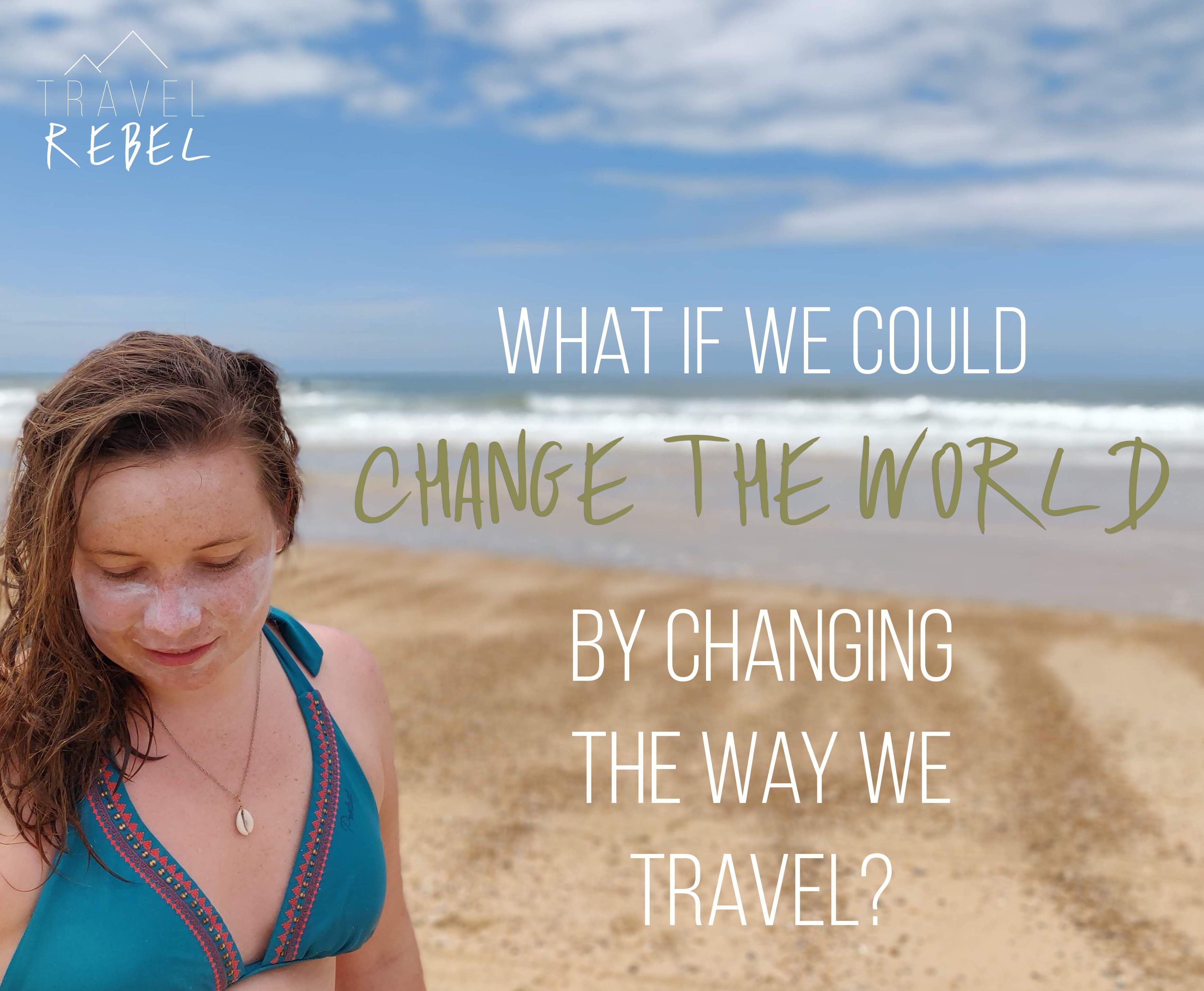


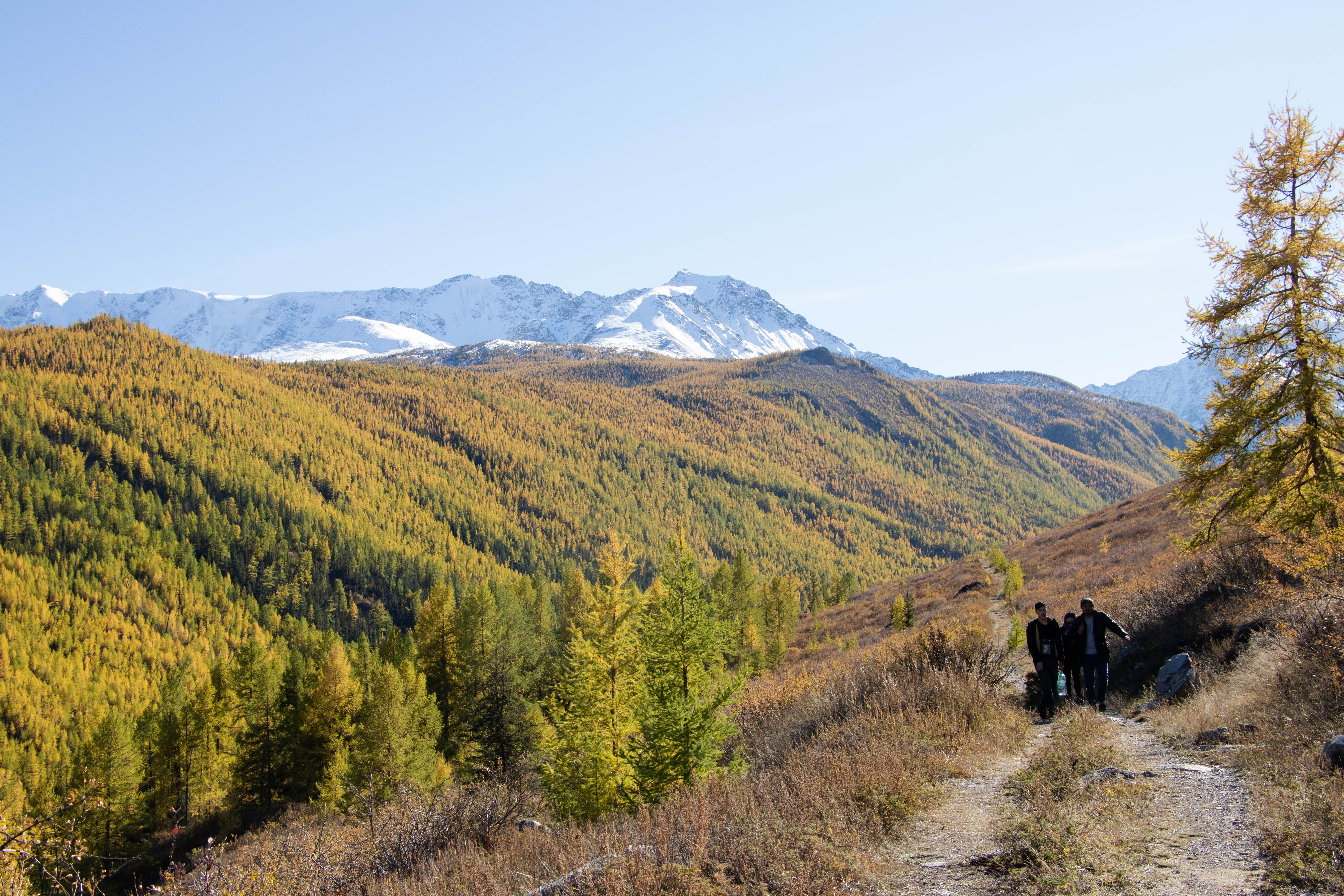

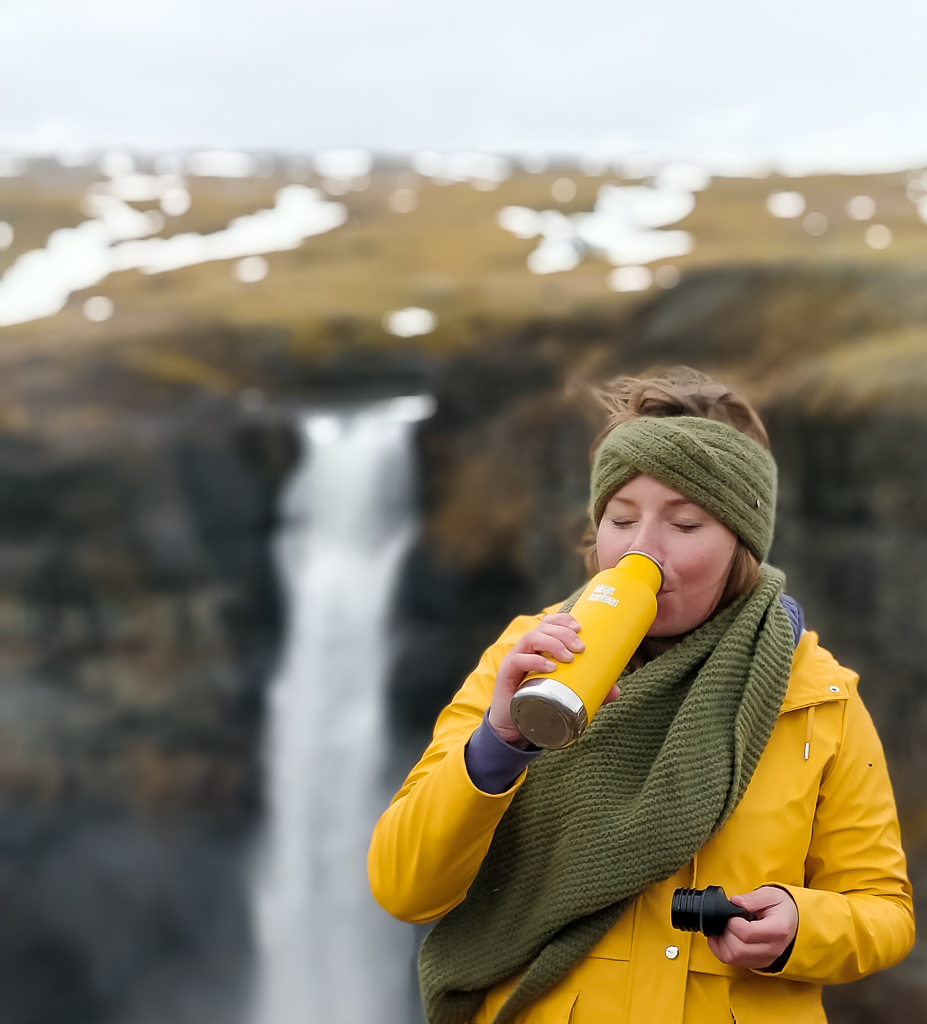
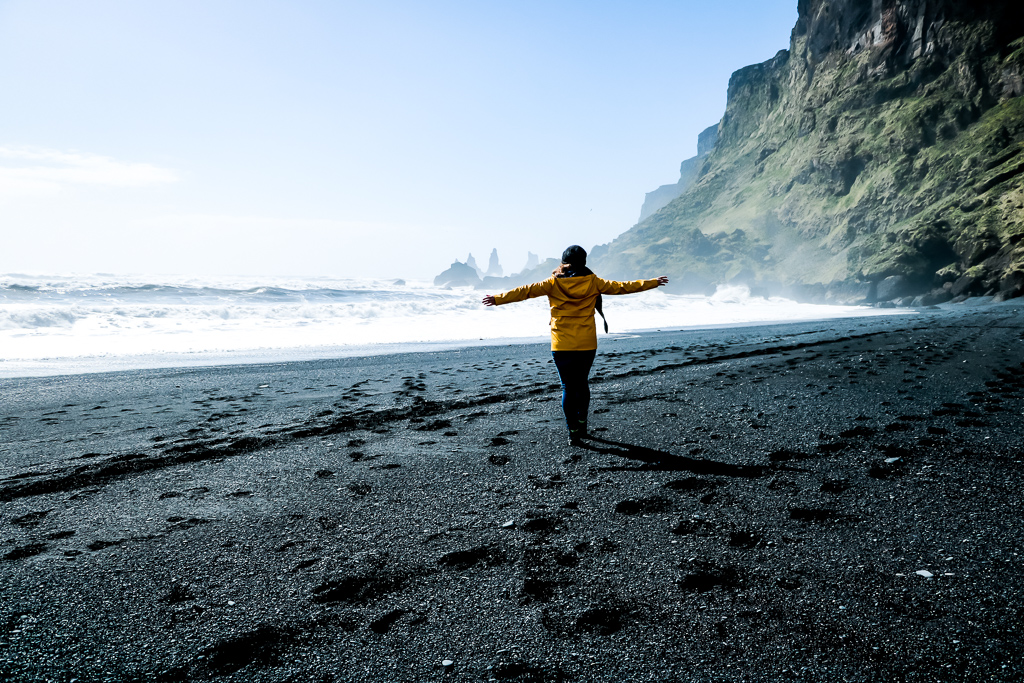





Pingback: Kitzbühel, more than Kaiserschmarrn & Schnitzels. Sustainability projects & things to do. - Travelrebel
Pingback: One Planet Rating interviewing Travel Rebel: Be a bit adventurous and you will be surprised - Travelrebel
Traveler
Easy tips: Travel in close destinations, don’t fly. You can find some cool places in your home country also, near where you live or go to work. No need to fly every year to some far destination or to another continent. Go to the forest if your country has any of them left. Feel the earth and the air, rain and snow, summer and winter. I